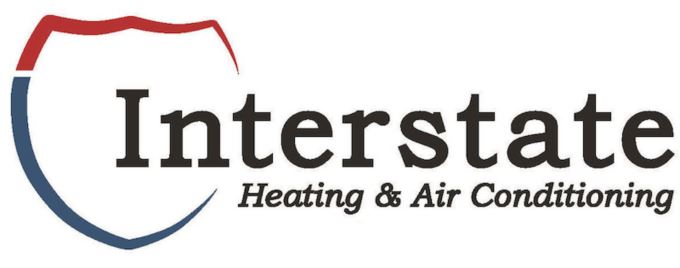
Even after temperatures are comfortable indoors, some homeowners notice their sense of comfort does not feel complete. The usual culprit is poor indoor air quality, with allergens and airborne debris leading to a number of problems. From aggravating asthma to encouraging mold, higher air quality should be included in your overall HVAC plan.
Fortunately, there’s a solution within reach. Whole-house air purifiers can filter out these airborne particles, for better health and well-being. And as the name suggests, they’re capable to do so for the whole house! Air purifier installation from Interstate Heating & Air Conditioning might help you to resolve those lingering comfort problems.
What about the air purifiers that are portable? While the principle is the same Is the Smarter Choice
Cost remains a priority, and you might view the price tag of a portable air purifier as a key plus. But when the goal is optimal air quality all year long, the strength of whole-house air purification becomes clear:
- One unit covers the entire house: You won’t have to drag a portable purifier around from room to room since whole-house models are powerful enough to remove pollutants across your entire home.
- Much more cost-effective for long-term use: Rather than keeping multiple units in different rooms, a single, whole-house air purification system protects air quality for years and years. This dependable air filtration also keeps dust and debris from making it into the rest of your HVAC system, which in turn can improve the efficiency of your HVAC system as a whole.
- Reduced upkeep needs due to fewer filter clogs and lower pollution levels: A clog in the air filter is one of the most common reasons you start having issues with your HVAC system’s effectiveness. Air purifiers help keep these filters from clogging in the first place with their own filter designs. For example, air purifiers with a HEPA filter give you access to some of the best air filtration for residential properties.
For a Typical Household, Look for MERV Ratings Around 8
The Minimum Efficiency Rating Value (MERV) system was developed to help homeowners make informed decisions about the degree of air filtration they’re working with. While high MERV ratings mean more filtration, that isn’t necessarily something your average home requires.
The scale is rated all the way to 20, but this would be excessive outside of specialized facilities like the surgery theater in a hospital. For a typical family’s use, a MERV rating of 8 is usually adequate. The air quality experts at Interstate Heating & Air Conditioning can help you determine precisely which option will adequately fulfill your needs.
